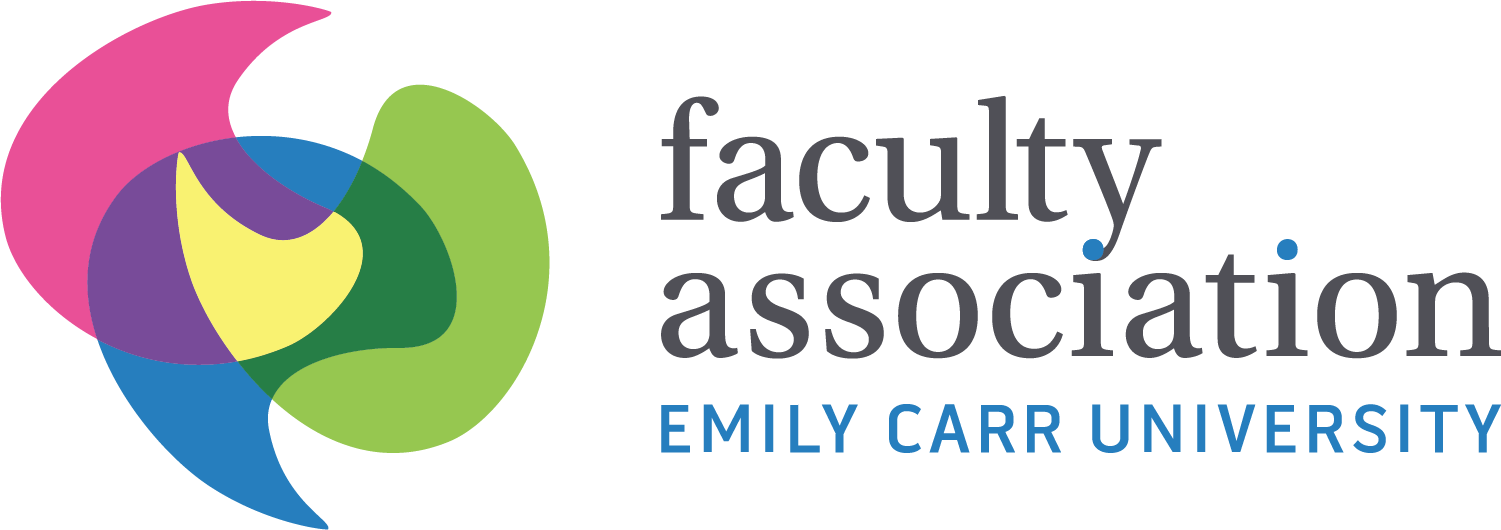The City of Vancouver, located on unceded Coast Salish territory–the traditional homelands of the Musqueam, Squamish, Tsleil Waututh and Sto:lo people, has declared 2013 – 2014 to be a Year of Reconciliation. As educators, we are part of a larger, historic moment of reckoning, an opportunity to face Canada’s painful history of colonization with honesty and courage. It has been said that South Africa’s apartheid system was based on Canada’s Indian reserve system. Canada’s residential schools, which attempted to destroy Indigenous cultures, are part of a colonial system that continues, as we see more Indigenous children being apprehended from their families today than even at the height of the residential schools.
At the same time that systemic colonial violence continues, many efforts at healing and resilience are growing and deepening. An excellent example of this is the CBC show, Eighth Fire. As Eighth Fire shows, the arts have a key role to play in healing and reconciliation. The project, From the Heart: Enter into the Journey of Reconciliation, is another great example. In her book, Unsettling the Settler Within, Paulette Regan writes:
Unless we who are non-Indigenous undertake to turn over the rocks in our colonial garden, we will never achieve what we claim to want so badly— to transform and reconcile our relationship with Indigenous people. Rather we will remain benevolent peacemakers, colonizer-perpetrators bearing the false gift of a cheap and meaningless reconciliation that costs us so little and Indigenous people so much. But what if we were to offer the gift of humility as we come to the work of truth telling and reconciliation? Bearing this gift would entail working through our own discomfort and vulnerability, opening ourselves to the kind of experiential learning that engages our whole being— our heads, our hearts, our spirits.
In the spirit of this deep, experiential learning, UBC and Emily Carr are both suspending classes for a day so that students and faculty can participate in the activities organized in conjunction with the arrival of the national Truth and Reconciliation Commission in Vancouver from Sept 18 to 21. Members of the Emily Carr community will be drumming to welcome the All Nations Canoe Gathering in Senak’w Staulk (False Creek) on Sept 17, and classes will be suspended on Sept 20 so that everyone can participate in reconciliation and resilience activities at Emily Carr. On Sunday, Sept 22, there will be a 4 km walk for reconciliation, starting at 10 am at Queen Elizabeth Plaza (near the central library) downtown. We invite you to come walk with us, or start your own team of walkers.
Rita Wong
